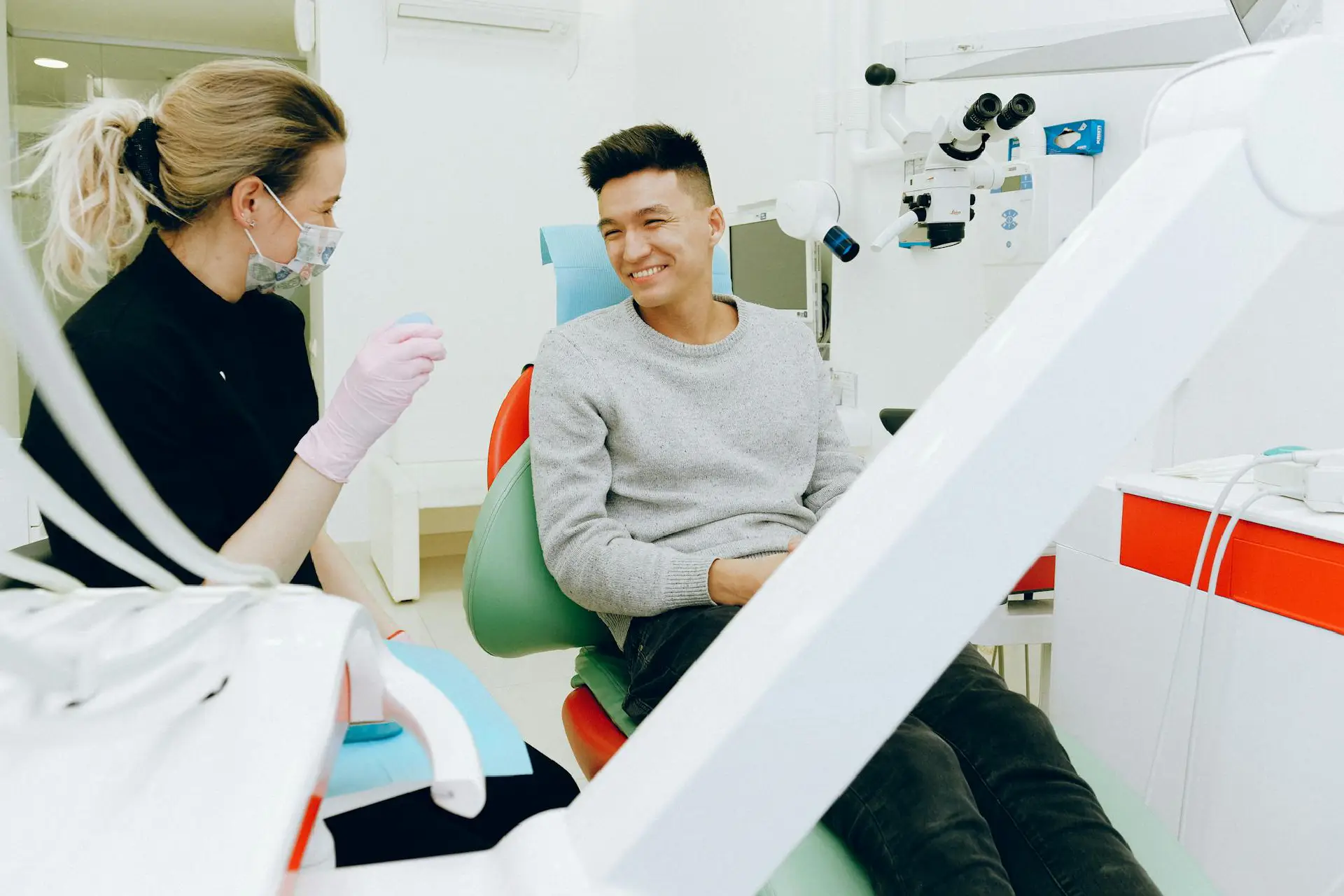22 March 2024

Private GP practices prioritise preventative healthcare and health screenings that focus on early detection and prevention of diseases. Through the use of regular check-ups and assessments, private GPs can considerably help patients to better understand their health status and identify potential risks both now and in the future. Data analytics can work in conjunction as its use permits personalised predictions regarding prognosis and responses to treatments as well of course an individual patients’ susceptibility to certain conditions and diseases. As of today there has been a significant shift towards prioritising preventative healthcare and big data has had a large role to play in this. The arrival of advanced analytics, machine learning, as well as data visualisation tools has ultimately enabled healthcare professionals to turn raw data into actionable intelligence in virtually every aspect of modern healthcare including GP clinics.
Benefits of Data-Driven Preventative Healthcare
The use of data analytics, more precisely predictive analytics, enables healthcare providers to identify patients at highest risk of specific health conditions. This further allows the implementation of key preventative measures as well as the detection of diseases much sooner and interventions that can drastically alter patient health outcomes.
There have been numerous recent studies that have demonstrated the importance of data-driven approaches to healthcare and how they can improve both safety and quality of healthcare provision.
Data-driven technologies operate by collecting, utilising and analysing patient data via machine learning or other artificial intelligence. They assist in enhancing the breadth and depth of data to facilitate better healthcare services for the wider public. Included in the data are patient electronic medical records.
By identifying areas that can be improved, optimising resource allocation, and preventing unnecessary procedures via targeted interventions, data-driven decisions can also significantly lower costs in your healthcare practice.
Implementing Data Analytics in Private GP Practices
What was the impact of COVID on vaccination rates? How many young patients are there yet to be screened for depression? Have attendance rates risen or fallen post-COVID? What aspects of your clinic definitely needs more attention? The answer to these questions and more lies in data analytics.
Data is essential for understanding each patient and the preventative care they require, but there is also more information to be gathered as each patient is representative of the population at large.
The best sources of data you can use to improve your practice are electronic health records, your practice management system alongside the input of physicians, office managers, administrators and accountants. Other sources of data include, but are not limited to: sick-to-well visit ratios, revenue per appointment, immunisation rates, general pricing, patient satisfaction scores, physician productivity, medical error rates etc.
The most important aspect of data collection is the analysis part as simply gathering information and stats about your practice is not enough to make positive actionable changes. You need to identify irregularities, find patterns and hidden trends and act upon these insights while still maintaining a high level of care. This has proven to be a difficult task but it is made easier with modern technology. One example is the use of Liveboard technology that automates workflows, risk monitoring and compliance. By using interactive, rather than static liveboards and natural-language search, practices can save time, improve efficiency and ultimately improve the overall care it provides.
Challenges and Ethical Considerations
The necessity of ensuring the accuracy of your data can not be overstated as collecting information is the first essential step in data-driven preventative healthcare. The second step of analysis also requires accuracy by ensuring the methods and tools you use are fit for purpose. GP clinics must also adhere to the General Data Protection Regulation (GDPR) and ensure that all patient information is handled ethically and with care.
Today, the future already seems to have arrived as patients have expansive choices including virtual care, retail clinics, online pharmacies, as well as an increasingly growing number of alternative care facilities – all of which can work in tandem with GP clinics. Although the entirety of the system is quite complex there is a good deal of enthusiasm in harnessing data and technology to push forward innovation and GPs will no doubt see their role become more involved in coming years.
Embracing the Data-Driven Approach
GPs work as primary guardians in preventive healthcare and with the advent of data analytics, data-driven approaches will become essential in ensuring your practice maintains a high level of service. Private healthcare providers alongside the NHS now have the technological and scientific means of transforming healthcare and without fully embracing data-analytics, there is a significantly diminished capacity for healthcare, GPs and the services they provide in the future.
Related Articles

Beauty Reimagined: Leveraging Market Research for Success in the Cosmetic Surgery Industry

Case Study: Data-Driven Location Selection for a New Luxury Assisted Living Development

From Expectations to Satisfaction: The Key Factors That Drive Customer Loyalty in the Healthcare Sector
To Speak to an Expert About Our Services
